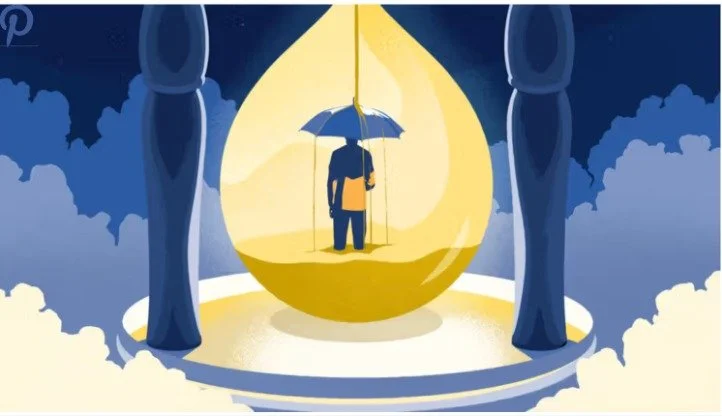Death Anxiety in Physicians and Patients
Death anxiety pervades modern medical practice, affecting both healthcare providers and patients in ways that significantly impact therapeutic relationships and end-of-life care. While clinical research has documented widespread death anxiety among physicians and patients, conventional psychological approaches treat mortality-related distress as a problem to be managed rather than a sacred threshold to be crossed. This essay examines death anxiety through the comparative lens of established psychological and medical literature alongside our theological framework of being and non-being, drawing on the foundational contributions of Elisabeth Kübler-Ross, Cicely Saunders, Sigmund Freud, Carl Jung, James Hillman, and Rami Shapiro. Recent neuroscientific research revealing organized brain activity during cardiac arrest challenges assumptions about consciousness and death, suggesting that dying may involve heightened rather than diminished awareness.
